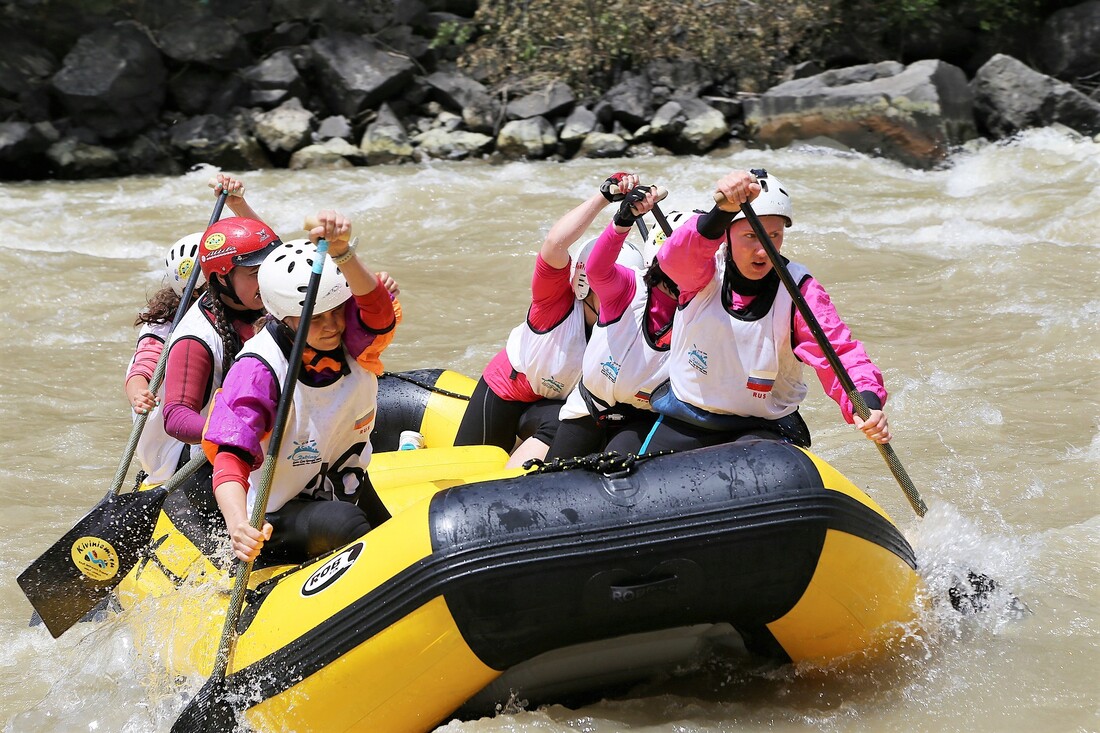|
‘It’s not what you look at that matters, it’s what you see.’ (Henry David Thoreau) Psychologist Albert Ellis, widely regarded as the founding father of what has today evolved into Cognitive Behavioural Therapy, noticed that different people responded differently to what were, on the face of it, very similar situations. Previously, you might have heard, ‘Person X feels Y because Z happened’. It assumed a direct causal relationship between emotions and events. Ellis’ observations challenged this, proposing that something significant was missing in the equation. After all, if this assumption were true, we could expect that everyone should feel the same way in circumstance Z. Curious about this, Ellis concluded that the critical differentiating and influencing factor that lays between emotions and events is belief. It’s what we believe about the significance of an event that affects most how we feel in response to it. Here we have person A who hears news of a forthcoming redundancy with fear and trepidation. He believes it will have catastrophic financial consequences for himself and his family. Person B receives the news with positive excitement. She believes it will provide her with the opportunity she needs to pursue a new direction in her career. Drawing on this insight, organisational researchers Lee Bolman & Terrence Deal proposed that, in the workplace, what is most important may not be so much what happens per se, as what it means. The same change, for instance, could mean very different things to different people and groups, depending on the subconscious interpretive filters through which each perceives it. Such filters are created by a wide range of psychological, relational and cultural factors including: beliefs, values, experiences, hopes, fears and expectations. This begs an important question: how can we know? Hidden beliefs are often revealed implicitly in the language, metaphors and narratives that people use. To observe the latter in practice, notice who or what a person or group focuses their attention on and, conversely, who or what appears invisible to them. Listen carefully to how they construe a situation, themselves and others in relation to it. Inquire in a spirit of open exploration, ‘If we were to do X, what would it mean for you?’; ‘If we were to do X, what would you need?’ This is about listening, engagement and invitation. Attention to the human dimension can make all the difference.
18 Comments
‘Question: Why do scuba divers always fall backwards out of the boat? Answer: Because if they fell forwards, they’d still be in the boat.’ (That meme still makes me smile). It takes me back to a recent conversation with an action learning group. We were practising a Gestalt technique of noticing use of metaphors as a person speaks, then inviting playful exploration to see what fresh insights and ideas might emerge. It has some parallels with James Lawley & Penny Tompkins’ symbolic modelling (Metaphors in Mind, 2000). Whilst thinking through an issue she was struggling with at work, one participant explained that she felt worried about ‘rocking the boat’. Picking up on the metaphor and stretching it towards a greater polarity, a peer asked, ‘How would it be if you were to sink the boat?’ Then, after she had had time to reflect and respond, another posed, ‘In that situation, what would it take to float your boat?’ In a Gestalt coaching context, I might invite the same person to enact the different metaphorical possibilities physically. We could use objects such as tables and chairs in the room to represent the boat and other significant people or situational factors, then experiment with rocking, sinking, floating or navigating through them. Doing it is very different to imagining it or talking about it. What experience do you have of working with metaphor? How do you do it? ‘The big question is, who rolls the dice?’ (Pav Ponnoosami)
You may have seen change models that depict human experience as a linear curve. The idea is that people progress through change by transitioning gradually through different emotional phases. On the whole, it’s a useful tool – except, that is, when it isn’t. Perhaps a more apt metaphor for complex change in organisations today could be a snakes and ladders board. (If you’re not familiar with this children’s game, it involves rolling a dice to move a piece from start to finish, step by step. If you land on a ladder, you accelerate forward. If you land on a snake, you slide backwards.) That’s so often what happens in change – and so often what it feels like too. We step forward then, all of a sudden, someone or something hits us and knocks us off course. We trip up, fall down, get up, dust ourselves off, steady ourselves and find our feet again. We take another step, more cautiously this time and, unexpectedly, happily, something positive shifts. Wow, we leap forward now filled with fresh energy, confidence and hope. Success! We smile, breathe…then, shockingly, the ground gives way. Woah?! How did that happen? Where did that come from? Two steps forward, one step back. Why is this metaphor useful? It creates a realistic expectation, an anticipation, that enables us to handle change. If we know in advance that change will feel chaotic at times; that multiple changes from different sources may well collide and create conflict; that not everything will be as smooth, clear, organised and coordinated as we may hope for; that sometimes our energy will dip or rise, that we may feel irritable, excited, annoyed all in the same day and – yet – that we will get through this; that the ‘miserable middle’ is only the middle; we can keep moving forward, pushing ahead. It normalises what otherwise feels abnormal. It helps us not to panic. It begs interesting questions too. For instance: Whose game is this? Who decides the rules and why? What piece have I chosen to represent me – or my team? Who or what are the snakes and ladders here? Am I a ladder for others or a snake? How resilient and resourceful am I if I land on a snake? Who am I competing with? What would it mean to win? Who roles the dice? As leaders, coaches, OD and trainers, we can listen for the metaphors that our people/clients use; explore them playfully; experiment with alternatives. I’m in this room, it’s the first time we’ve met and this man is explaining to me how he’s struggling in a key relationship. It’s a relationship between two organisations and this man, Simon, is the leader of one of them. The conversation runs for a while and Simon’s description of the relationship and what he’s experiencing from the other – what he describes as distance and defensiveness – sounds tough.
As he speaks, I become aware that the room we're in feels cold. It’s a sunny day and the aircon is turned up high. I glance around the room at the stark furniture. The tables and chairs are in perfect formation. Functional, straight lines. There’s nothing that suggests or reveals a human touch. No pictures, no plants, no photographs. This is the room where he meets with Sandra, leader of the other organisation. I comment on this, share this observation, then offer a reflection, an idea: ‘How far are you trying to find a cold, formal solution to an issue that is essentially about human relationship and trust?’ Simon looks stunned for a moment, then pauses, then goes quiet. I’m wondering how he will respond. Could this be a (proverbial) light bulb moment? Is there something about this room that holds the key? Then Simon speaks. ‘You know, I hadn’t realised it. We’ve built our relationship on formal lines – terms of reference, strategies, proposals – and we’ve never really taken the time to get to know and understand each other as people.’ A penny has dropped. I can see it in his eyes. I respond: ‘Do you know what you need to do?’ Simon nods and jots down a note. The meeting is finished. It lasts 10 minutes. |
Nick WrightI'm a psychological coach, trainer and OD consultant. Curious to discover how can I help you? Get in touch! Like what you read? Simply enter your email address below to receive regular blog updates!
|





 RSS Feed
RSS Feed